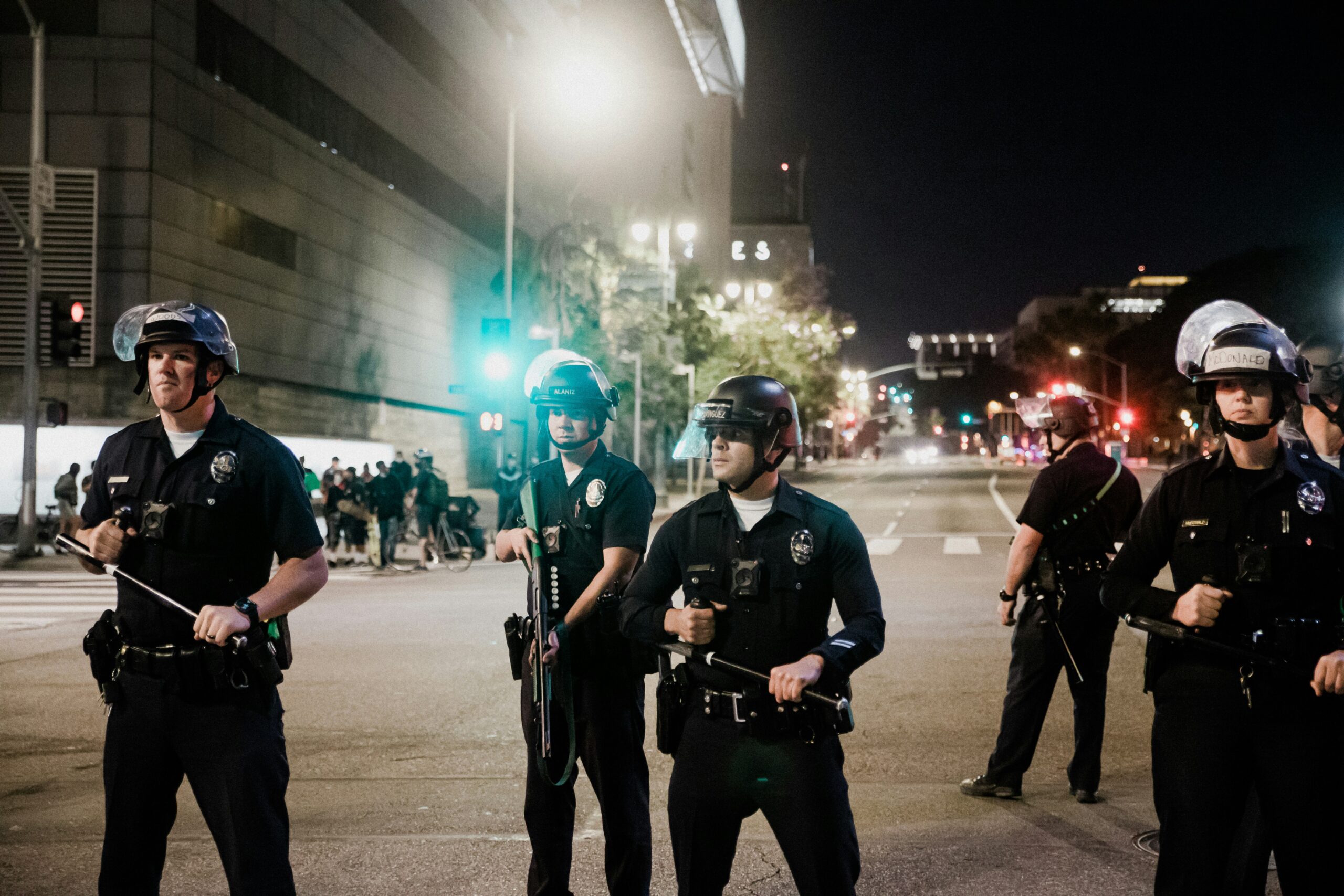
Covert law enforcement, often known as undercover work, is a highly specialized field where officers assume false identities to investigate crimes from within. Unlike conventional policing, covert operations require subtlety, patience, and precision. These operations target criminal activities such as organized crime, drug trafficking, human trafficking, and fraud, aiming to dismantle networks that threaten public safety.
The essence of covert work lies in gathering intelligence without alerting suspects. Officers must immerse themselves in criminal environments while maintaining a carefully constructed identity, balancing risk with operational effectiveness. This dual existence demands psychological resilience and unwavering focus.
Objectives of Covert Operations
The primary objective of covert operations is intelligence gathering. Officers infiltrate criminal networks to collect evidence, identify key players, and understand organizational structures. This information is crucial for prosecuting criminals, disrupting illegal activities, and preventing future crimes.
Another objective is crime prevention. By monitoring suspects and understanding criminal behaviors, law enforcement can intervene before illicit activities escalate. Covert work also serves to protect witnesses and vulnerable populations, allowing authorities to dismantle dangerous operations discreetly and safely.
Planning and Strategy
Successful covert operations begin with extensive planning. Investigators conduct background research, analyze criminal patterns, and identify potential risks. A detailed operational plan outlines objectives, roles, timelines, and contingency measures.
Preparation extends to creating a convincing cover identity. Officers develop personal histories, credentials, and behavioral patterns to blend seamlessly into target environments. The planning phase ensures that every move is calculated, minimizing exposure and maximizing the chances of gathering actionable intelligence.
Essential Skills for Undercover Officers
Covert work requires a unique skill set. Strong communication skills are necessary to gain trust and elicit information without raising suspicion. Emotional intelligence helps officers navigate complex social dynamics and respond appropriately to high-pressure situations.
Analytical thinking is critical for interpreting observations, identifying patterns, and connecting disparate pieces of information. Additionally, resilience and adaptability enable officers to handle stress, maintain cover under duress, and adjust strategies when unexpected challenges arise.
Technology in Modern Covert Work
Technology has transformed undercover operations. GPS tracking, surveillance cameras, and secure communication devices enhance safety and operational efficiency. Digital forensics and social media monitoring allow investigators to gather evidence remotely and analyze criminal networks.
Encrypted messaging, real-time data sharing, and remote monitoring provide officers with critical support while keeping their identities protected. Technology enables more precise intelligence gathering and reduces operational risks, making covert work safer and more effective.
Ethical and Legal Considerations
Covert operations must adhere to strict legal and ethical standards. Officers must avoid entrapment, follow proper protocols, and ensure all evidence is admissible in court. Missteps can compromise investigations and lead to legal consequences.
Ethics also extend to the treatment of officers and civilians. Maintaining personal integrity, protecting informants, and minimizing harm to non-involved individuals are essential. Ethical conduct preserves public trust and ensures that covert work serves justice without overstepping boundaries.
Managing Risk and Ensuring Safety
Risk is inherent in undercover work. Officers face potential exposure, physical danger, and high-stress environments. Effective risk management includes contingency planning, real-time communication with supervisors, and rigorous adherence to safety protocols.
Training in self-defense, situational awareness, and emergency response is crucial. Additionally, mental health support and counseling help officers cope with the psychological challenges of maintaining a false identity and navigating dangerous situations.
High-Profile Covert Operations
History is filled with examples of successful covert operations. From infiltrating organized crime syndicates to exposing corrupt officials, these missions demonstrate the power and importance of undercover work.
High-profile cases often involve months or years of preparation, surveillance, and coordination across agencies. Successful operations dismantle criminal networks, secure key convictions, and prevent widespread illegal activity, showcasing the strategic impact of covert law enforcement.
Psychological Challenges of Undercover Work
Undercover officers face unique psychological pressures. Maintaining a fabricated identity requires constant vigilance, often leading to stress, isolation, and emotional strain. Officers must balance their professional responsibilities with personal safety and ethical dilemmas.
Support systems, such as debriefing sessions, mental health counseling, and peer mentoring, are vital for sustaining officer well-being. Building resilience ensures officers can perform effectively while safeguarding their own mental health during and after operations.
Collaboration Across Agencies
Complex covert operations often require collaboration among multiple law enforcement agencies. Sharing intelligence, coordinating strategy, and pooling resources enhance operational effectiveness and safety.
Inter-agency collaboration allows officers to tackle sophisticated criminal networks that span regions or countries. By working together, agencies can dismantle organized crime, track financial flows, and prosecute offenders more efficiently than any single entity could achieve alone.
Training the Next Generation of Undercover Officers
Developing competent undercover officers requires rigorous training and mentorship. Trainees learn advanced investigative techniques, surveillance methods, psychological resilience, and legal protocols.
Role-playing exercises simulate real-life scenarios, preparing officers for the complexities of fieldwork.
Experienced mentors provide guidance, sharing lessons learned from past operations. Continuous learning and skill development ensure that agencies maintain highly capable personnel ready to undertake challenging covert missions.
The Strategic Role of Covert Law Enforcement
Covert operations are an indispensable part of modern law enforcement. They provide critical intelligence, prevent criminal activity, and dismantle organized networks that threaten public safety. The success of these operations depends on meticulous planning, specialized skills, technological tools, and adherence to ethical and legal standards.
Despite the inherent risks and psychological challenges, covert work remains a powerful method for achieving justice. By investing in training, support systems, and inter-agency collaboration, law enforcement can continue to protect communities effectively while minimizing risk. Covert operations, though performed in the shadows, play a central role in ensuring transparency, accountability, and public safety.